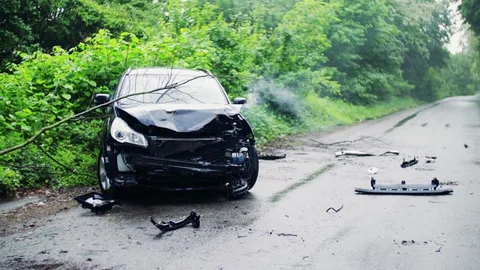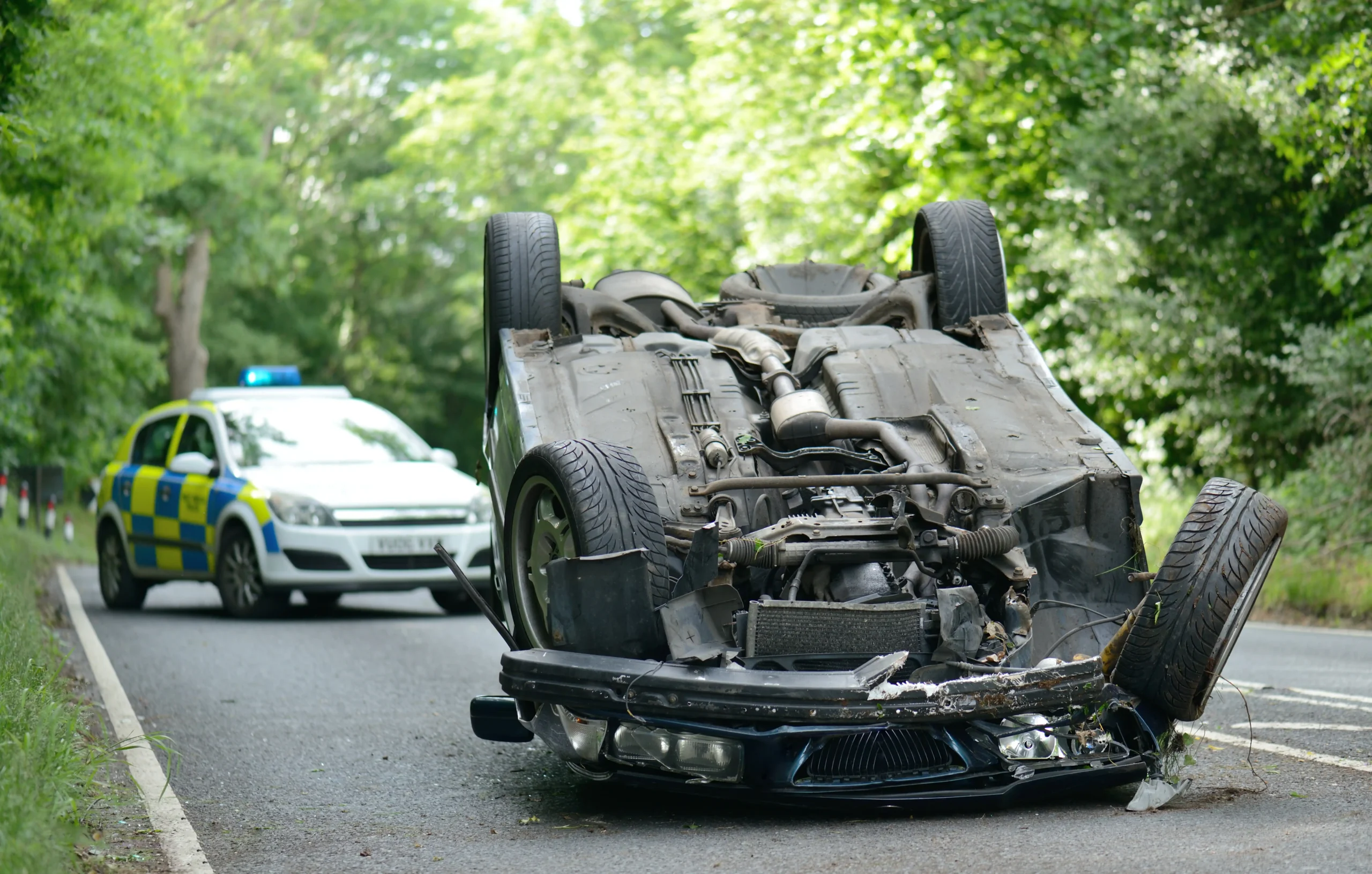Introduction
Car accidents can be overwhelming, especially if you find yourself at fault. Knowing how to handle the aftermath is crucial not only for legal and insurance purposes but also for your peace of mind. This guide will walk you through five essential steps to take if you’re at fault in a car accident.
Stay Calm and Assess the Situation
The moments after an accident can be chaotic, but it’s important to stay calm. Take a few deep breaths and try to assess the situation. Look around to see if anyone is injured and the extent of the damage to the vehicles involved. Your ability to remain composed will help you think clearly and handle the situation more effectively.
Ensure Safety First
Your priority should be safety. Check yourself and others for injuries. If the accident is minor and it’s safe to do so, move the vehicles out of traffic to a safer location. Turn on your hazard lights to warn other drivers. If you can’t move the vehicles, stay inside with your seatbelt on until help arrives, especially if you’re on a busy road.

Call the Authorities
Even if the accident seems minor, it’s essential to call the police. They will document the scene and create an accident report, which is vital for insurance claims. When talking to the dispatcher, provide clear and accurate information about your location and any injuries. Wait for emergency services to arrive and follow their instructions.
Exchange Information
Exchange your contact and insurance information with the other party involved in the accident. Make sure to get their name, address, phone number, insurance company, policy number, and driver’s license number. If there are witnesses, ask for their contact information as well. Having comprehensive information will facilitate the claims process.
Document the Scene
Use your smartphone to take photos and videos of the accident scene, including the vehicles, any visible damages, and the surrounding area. Note down important details such as the time, date, weather conditions, and any other relevant factors. A detailed record will be invaluable when filing your insurance claim and can help establish the facts.
Do Not Admit Fault
While it might be tempting to apologize or admit fault at the scene, it’s crucial not to do so. Admitting fault can have legal repercussions and may affect your insurance claim. Stick to the facts when talking to the police and the other driver, and let the authorities and insurance companies determine who is at fault.

Contact Your Insurance Company
Report the accident to your insurance company as soon as possible. Provide them with all the information you’ve gathered, including photos, videos, and witness contacts. Understanding your policy and coverage will help you navigate the claims process more smoothly. Be honest and thorough in your report to avoid any complications later on.
Seek Medical Attention
Even if you don’t feel injured, it’s wise to get a medical check-up. Some injuries, like whiplash or internal damage, may not be immediately apparent but can have long-term effects. Documenting any injuries soon after the accident can also be important if you need to file a personal injury claim.
Follow Up with Legal Advice
Depending on the severity of the accident and the potential legal issues involved, consulting a lawyer might be a good idea. A legal professional can provide advice on how to handle the situation, especially if there are disputes about fault or significant damages. They can also help you understand your rights and obligations.
Repairing Your Vehicle
Once the immediate issues are addressed, you’ll need to get your car repaired. Contact your insurance company to understand the process and what’s covered under your policy. Choose a reputable repair shop, preferably one recommended by your insurer, to ensure quality repairs and avoid additional out-of-pocket expenses.
Understanding the Financial Impact
Being at fault in a car accident can have financial implications. You might face increased insurance premiums, deductibles, and other out-of-pocket expenses. It’s important to understand these potential costs and plan accordingly. Reviewing your insurance policy and possibly shopping around for better rates might be beneficial in the long run.
Dealing with Emotional Stress
Car accidents are not just physically damaging; they can also take an emotional toll. Acknowledge the stress and anxiety you might be feeling and take steps to manage it. Talking to friends, family, or a professional counselor can be helpful. Practice stress-relief techniques like deep breathing, meditation, or physical exercise to help you cope.
Preventing Future Accidents
Use this experience as a learning opportunity to improve your driving habits. Reflect on what caused the accident and how it could have been avoided. Implementing safer driving practices, staying focused on the road, and avoiding distractions can help prevent future accidents and ensure your safety and the safety of others.
Conclusion
Handling a car accident where you’re at fault involves several important steps. From staying calm and ensuring safety to documenting the scene and seeking legal advice, each step is crucial for managing the situation effectively. Remember to follow up with your insurance company and seek medical attention even if you feel fine. By taking these steps, you can navigate the aftermath of a car accident with greater confidence and preparedness.
FAQs
What should I do immediately after a car accident?
Stay calm, ensure safety, and contact the authorities. Make sure to check for injuries and move to a safe location if possible.
Should I admit fault if I think I caused the accident?
No, you should not admit fault at the scene. Let the authorities and insurance companies determine who is at fault based on the evidence.
How soon should I contact my insurance company?
You should contact your insurance company as soon as possible after the accident. Prompt reporting helps with a smoother claims process.
Do I need to see a doctor if I feel fine?
Yes, it’s important to see a doctor even if you feel fine. Some injuries might not be immediately apparent but can have long-term effects.
When should I consider hiring a lawyer?
Consider hiring a lawyer if there are disputes about fault, significant damages, or if you’re unsure about your rights and obligations following the accident.



